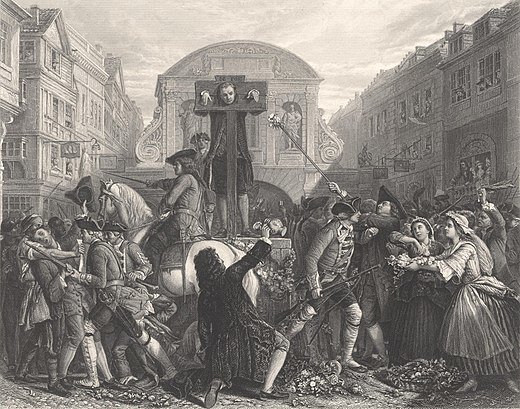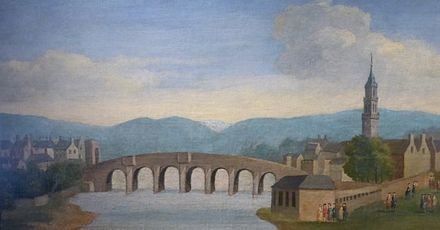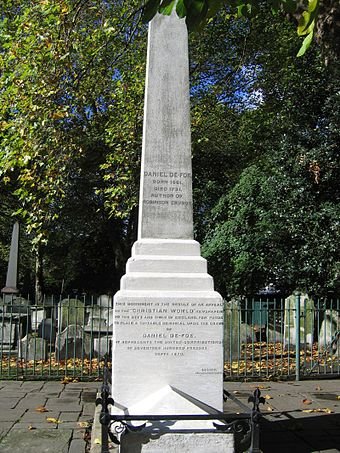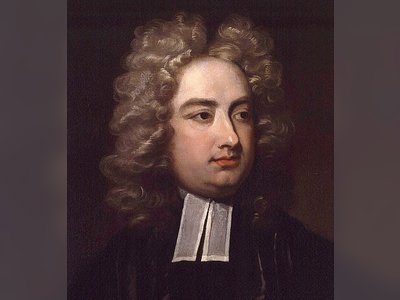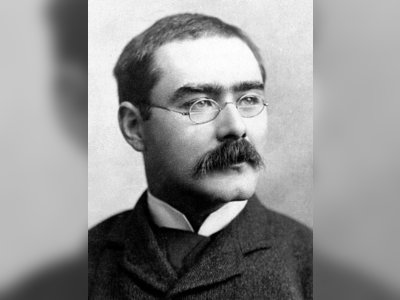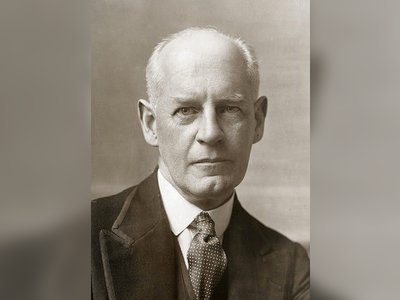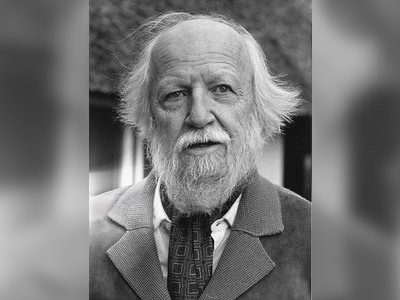Daniel Defoe
A Literary Giant and his Enduring Legacy in British Heritage.
Contribution to British Heritage
Daniel Defoe, an English writer, journalist, pamphleteer, and spy, made a profound impact on British heritage with his literary achievements and influential ideas. Defoe is best known for his iconic novel, "Robinson Crusoe," published in 1719, which remains one of the most celebrated works in English literature. Its enduring popularity and numerous translations have solidified its status as a literary masterpiece. Defoe's contributions extend beyond his novels; he is recognized as one of the pioneers of the English novel, alongside writers like Aphra Behn and Samuel Richardson, who helped establish the genre in Britain.
Throughout his prolific career, Defoe penned over three hundred works, ranging from political tracts to religious treatises, reflecting his diverse interests and expertise. Notably, he played a crucial role in the development of business journalism and economic journalism, contributing to the growth and understanding of the British economy during his time.
Success and General Information
Born as Daniel Foe around 1660, he later adopted the more aristocratic-sounding "De" to his name. The exact date and place of his birth are uncertain, but it is believed he was born in London, witnessing some of the most significant historical events of his era, such as the Great Plague of London in 1665 and the Great Fire of London in 1666.
Defoe's education was marked by his upbringing in a Presbyterian dissenting family. He attended dissenting academies and received a well-rounded education. His early career involved ventures into various trades, including hosiery, wool goods, and wine, though he often faced financial struggles and debts.
His writing career took off with his notable publication, "An Essay Upon Projects" in 1697, which proposed ideas for social and economic improvements. He then delved into political and religious pamphlets, earning attention from intellectuals and political leaders. However, his outspokenness and controversial writings led to periods of trouble with the authorities, even facing imprisonment and a public pillory for his pamphlet "The Shortest-Way with the Dissenters."
Defoe's intelligence and skills as a writer did not go unnoticed, and he became a secret agent and intelligence operative for the government, particularly during the reign of William III and Queen Anne. His works often supported the political agenda of the government and influenced public opinion on significant matters, including the Acts of Union in 1707.
Contribution to British Heritage: "Robinson Crusoe" and the English Novel
Undoubtedly, Daniel Defoe's most enduring contribution to British heritage lies in his novel "Robinson Crusoe." This iconic work, published in 1719, has captivated readers for generations and remains an essential part of English literature. The novel's protagonist, Robinson Crusoe, becomes marooned on a desert island after a shipwreck and must rely on his ingenuity and resilience to survive and adapt to his new environment.
The tale of survival, exploration, and self-discovery in "Robinson Crusoe" struck a chord with readers from various backgrounds, transcending geographical and cultural boundaries. The novel's universal themes of isolation, human resourcefulness, and the struggle against adversity resonated with readers, making it a timeless classic.
"Robinson Crusoe" is often regarded as one of the earliest examples of the English novel. Defoe's innovative use of first-person narrative and realistic, detailed descriptions of everyday life on the island broke away from the prevalent literary forms of the time. By grounding the story in a plausible setting and emphasizing the protagonist's inner thoughts and emotions, Defoe paved the way for the development of the modern novel.
Moreover, "Robinson Crusoe" demonstrated the potential of fiction to entertain and educate simultaneously. The novel's didactic elements, highlighting the importance of hard work, self-reliance, and spiritual reflection, appealed to a broad readership. As a result, the novel contributed to the rising popularity of the English novel and paved the way for future novelists to explore a wide range of themes and styles.
Legacy and Influence on British Heritage
Daniel Defoe's literary legacy goes beyond "Robinson Crusoe." His versatility as a writer, producing works on politics, economics, religion, and society, showcased his keen intellect and ability to engage with a wide range of topics. His works remain valuable sources for historians studying the political and social climate of his time.
Defoe's influence on British heritage can also be seen in his contributions to journalism. His periodicals, such as "A Review of the Affairs of France," displayed a keen understanding of international politics and economic affairs. Defoe's writing in these publications provided insights into the geopolitical landscape of the 18th century and contributed to a more informed British public.
Furthermore, Defoe's fictional works, particularly "Moll Flanders" and "Roxana: The Fortunate Mistress," challenged traditional notions of femininity and gender roles in 18th-century British society. These novels offered complex and morally ambiguous portrayals of female characters, which was a departure from conventional depictions of women in literature at the time. As such, Defoe's work played a role in expanding the scope of women's representation in British literature.
In conclusion, Daniel Defoe's enduring legacy in British heritage lies in his contributions to the English novel through his masterpiece "Robinson Crusoe," his impact on journalism, and his exploration of unconventional themes in his fictional works. Defoe's literary achievements and influential ideas have secured his place as a prominent figure in British literature and cultural history. His works continue to be celebrated, studied, and appreciated by readers and scholars alike, ensuring that his legacy remains vibrant and relevant in the annals of British heritage.
- Daniel Defoeen.wikipedia.org

